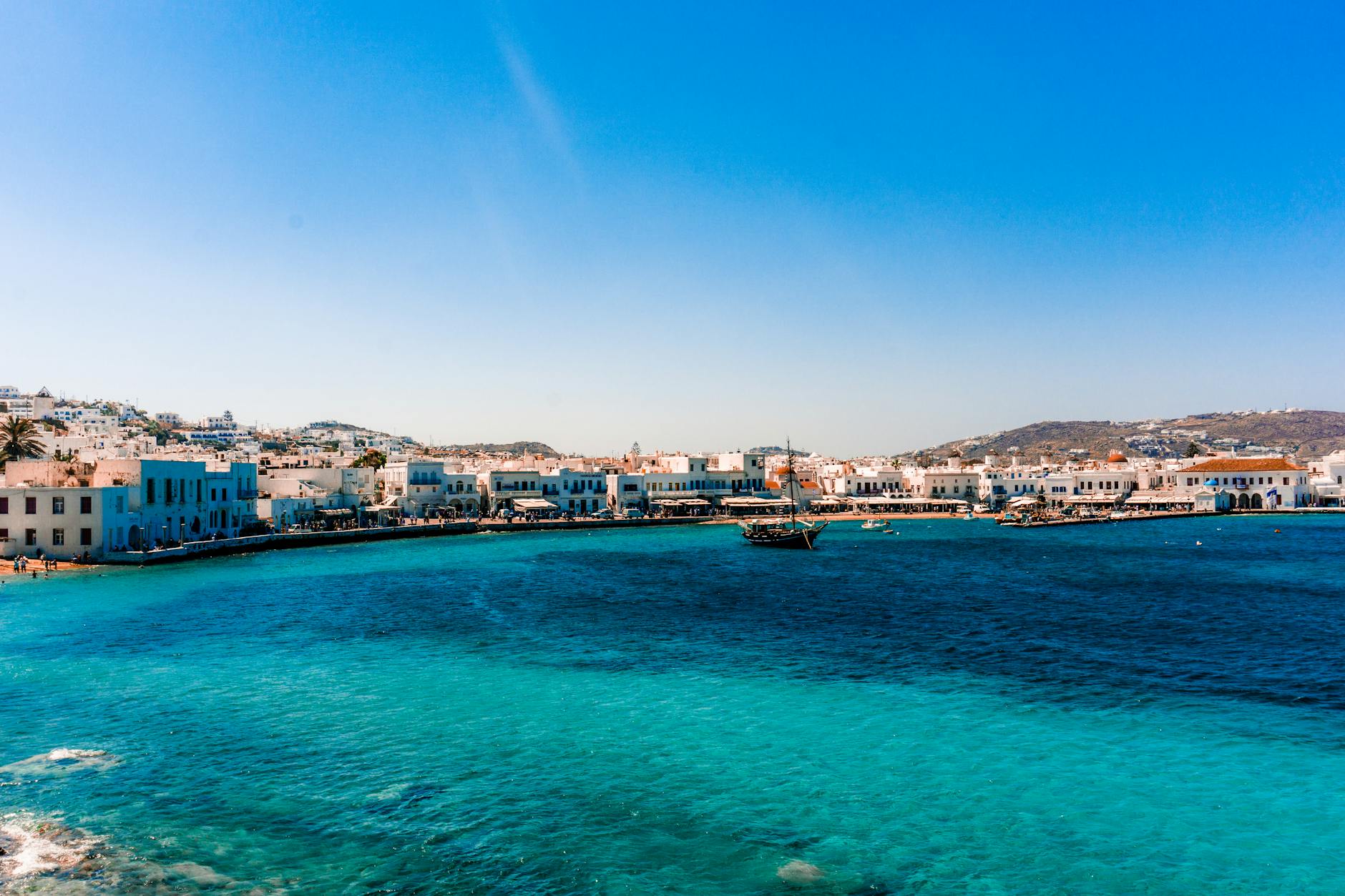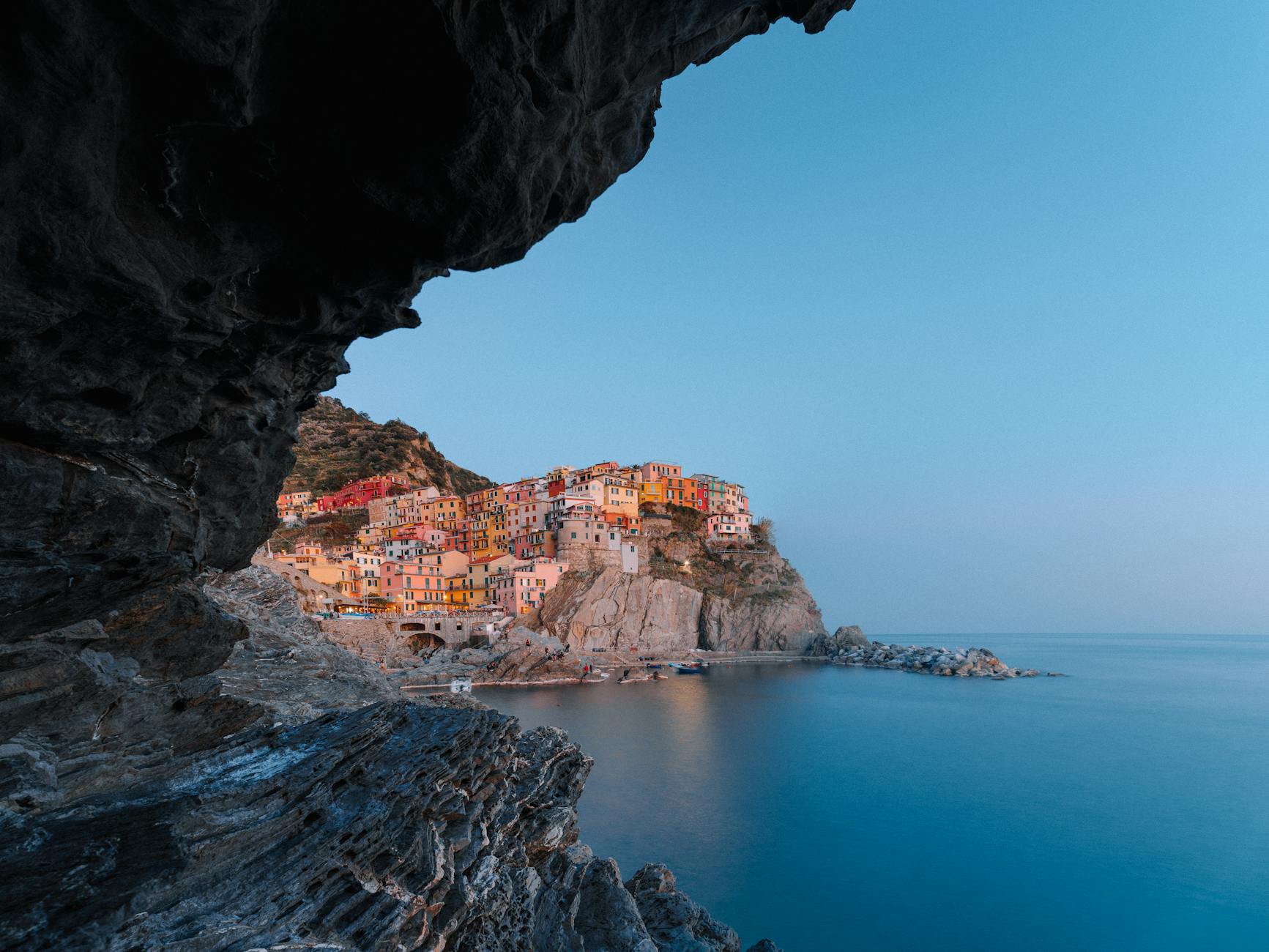How to Experience Sustainable Travel in Australia: A Guide for Eco-Conscious Explorers

Eco-Friendly Destinations in Australia
Welcome, fellow explorers, to the bustling heart of Melbourne—a city that champions eco-friendly travel like none other. As someone deeply passionate about sustainable tourism, I find Melbourne an ideal springboard for embarking on an eco-conscious journey. Here, the city's commitment to the environment is as palpable as the energy of a cricket match at the iconic Melbourne Cricket Ground. This landmark, while famous for its sports history, also showcases impressive water efficiency and waste management systems, serving as a model of eco-friendly innovation for large venues.
If you're considering ventures beyond Melbourne, why not explore distant yet captivating destinations? For an unparalleled wildlife adventure, a Kenya safari could offer you a front-row seat to nature's wonders while emphasizing responsible tourism. Alternatively, Patagonia tours promise a vista of jagged peaks and sweeping landscapes, merging adventure with conservation efforts. Closer to home, central america travel invites you to discover vibrant cultures blended harmoniously with lush, biodiverse landscapes—each step there can support local conservation.
Each of these destinations speaks to Callum's values of sustainability and innovation, offering unique insights into the ecological mechanics shaping these geographical marvels. Whether it’s enhancing knowledge in international biodiversity or appreciating innovative sustainable practices, these experiences can align with both educational interests and aspirations for a more sustainable travel lifestyle.
Green Travel Practices
Carbon-Neutral Transportation
As an eco-conscious traveler, it's crucial to think about the impact our travels have on the environment. From walking and cycling to adopting ride-sharing options powered by electric vehicles, there's a spectrum of carbon-neutral transportation methods we can use. Melbourne, for instance, offers an expansive network of trams that boast energy efficiency and reduced emissions. If you're considering a trip further afield, like africa tours, look for companies leading in carbon-offset programs, ensuring your travel footprint is minimal.
Eco-Conscious Accommodation Options
Choosing where to stay plays a significant role in sustainable travel. Seek accommodations that employ green practices, such as solar panels, water conservation systems, and environmental certifications. Around Melbourne, some hotels incorporate sustainable architecture or use local resources to reduce their carbon impact. If your plans include adventures overseas, like cuba travel, look for lodgings with projects benefiting local communities and biodiversity.
Local and Sustainable Dining
Savouring local cuisine can be both a treat and a sustainable choice. Opt for restaurants that source ingredients from nearby farms, ensuring freshness while cutting down on transportation emissions. Imagine enjoying a farm-to-table meal just as the Melbourne locals do, where every bite supports regional agriculture. As you expand your culinary experiences across the globe or even consider adventures on a galapagos cruise, choosing establishments with sustainable practices contributes positively to local economies and ecosystems.
Engaging with Nature Responsibly
Responsible Wildlife Encounters
When venturing into the splendor of nature, it's crucial to respect the ecosystems and wildlife that make these places special. For starters, consider Galapagos Islands tours as an example of exceptional wildlife management. The tours are designed to minimize human impact while allowing you to observe unique species in their natural habitats. In this way, you'll see how regions can fuse tourism with preservation, offering insightful experiences into not just the local fauna but also the innovative conservation efforts in place.
Conservation Tours and Activities
Opt for conservation-focused activities that contribute positively to local ecosystems. Whether you're thinking of arctic cruises or walking through Melbourne's Royal Botanic Gardens, these experiences offer an educational touch to your visit. Such tours often include talks on local conservation projects, showcasing how indigenous flora and fauna are protected. These tours are more than just sightseeing; they're about understanding and appreciating the delicate balance between human activity and nature."
Limitations and Guidelines for Travelers
When travelling, it's essential to be aware of the guidelines that protect these exquisite natural settings. For instance, many locations implement strict visitor limits to reduce degradation and support habitats. As you visit, stay informed about the dos and don'ts, which are often displayed in eco-focused locales, including at the Melbourne Convention and Exhibition Centre. Adhering to these rules not only safeguards the environment but also enriches your travel experience by ensuring that these natural wonders endure for future discovery.
Leveraging Technology for Sustainability
Useful Eco-Travel Apps
In the age of technology, various tools are available to make sustainable travel more accessible and impactful. Eco-travel apps can guide you to make informed decisions, ensuring your adventures leave a minimal carbon footprint. Look for apps that offer features like sustainable accommodation options and guides to eco-certified tour operators. They can significantly enhance your travel experience, from planning galapagos tours to exploring local eco-friendly venues.
Online Tools to Calculate Environmental Impact
Understanding the environmental impact of your travel plans is crucial for sustainability-focused explorers. Online calculators are available to estimate carbon footprints from flights, accommodation, and other travel activities. With these tools, you can make more responsible choices, such as opting for carbon offset programs or choosing transportation with lower emissions.
Virtual Tours and Digital Experiences
For those interested in international wonders like machu picchu tours but concerned about sustainability, virtual tours provide an excellent alternative. They offer an immersive experience from the comfort of your home, allowing you to appreciate and learn about distant places without the associated environmental impact of physical travel. This approach is especially beneficial for someone like you, new to exploring exotic destinations beyond Australia's borders.
Addressing the Challenges of Sustainable Travel
Striking a Balance: Comfort Meets Conservation
Navigating the intersection of comfort and conservation can feel like walking a tightrope. As a recent retiree exploring the world through eco-friendly eyes, you may find it tricky to balance indulgence with environmental stewardship. Staying at eco-lodges is one clever way to achieve both sustainability and luxury. These accommodations are often designed with sustainable materials and offer amenities to enhance your comfort, all while minimizing your environmental footprint. By opting for these, you support not only your personal comfort but also broader conservation efforts.
The Reality of Greenwashing: An Educated Approach
In our quest to support genuine sustainability, it’s important to be vigilant against greenwashing. In a world where claims of eco-friendliness are abundant, discerning truth from marketing ploys becomes essential. Look for certifications like EarthCheck or EcoTourism Australia to ensure authenticity. They provide a benchmark for what to expect, ensuring that your adventures contribute positively to the planet. It's worth remembering that being informed is your best defence against falling for superficial claims masked as eco-initiatives.
Navigating Sustainable Travel Logistics
Even seasoned travellers may face hurdles in aligning travel discounts for families with sustainability goals. Coordinating logistics does add a layer of complexity, but it’s an opportunity to challenge the norm and choose greener options. Whether it is deciding on carbon offsets for flights or selecting tour operators that specialize in eco-conscious itineraries, the choices you make can ripple through the travel ecosystem. Seek companies committed to sustainability to ensure your travel contributes to positive global change.
In a city as vibrant and committed as Melbourne, these challenges are not barriers but stepping stones to a more sustainable and enriching travel experience.


